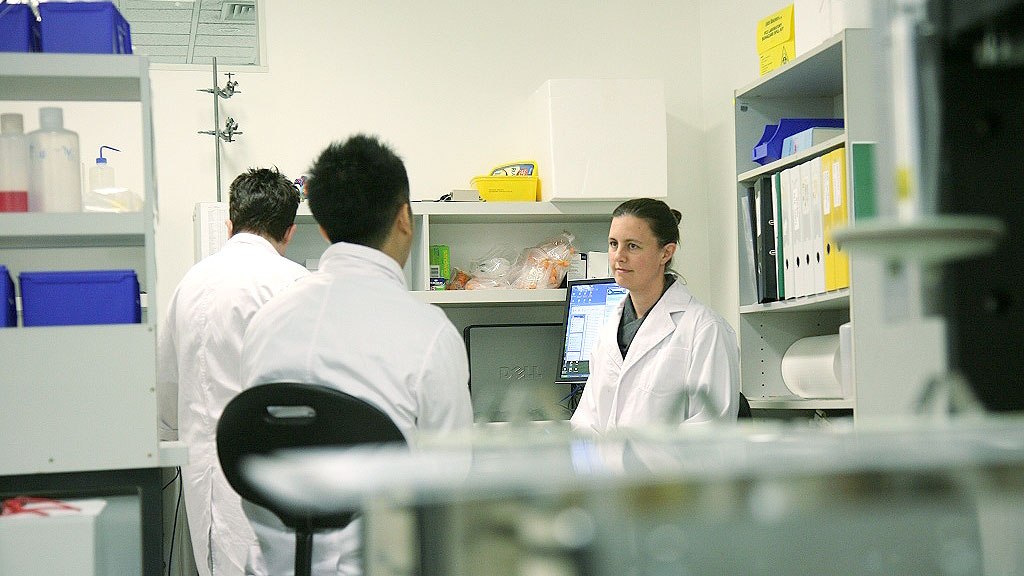
Failure is a marvelous teacher – preferably someone else’s failure. In my experience, there are common themes that link the failure of new products, and I am often asked by anxious entrepreneurs for my top tips on preventing their products from becoming landfill and, by corollary, how they can make their products successful. I’m happy to help. I hate seeing products fail needlessly. So here are the four top reasons why products fail.
First reason why products fail: The customer does not exist
A deep and detailed understanding of your customer is essential to product success. In particular, you need to know what makes them buy: what problem they need solved and what they will pay to have it go away.
This is not an easy task with most products. When products fail, the customer is often ‘everyone’, which actually means no-one.
Remember, you might have more than one customer. For example, for a medical product, is your customer the channel partner who sells the product, the hospital that buys it, the doctor who uses it or the patient who benefits from it? The answer is: all of them. They are all involved, but each must be considered independently as you perform your strategic innovation.
All these players have different needs and no matter how well you think you know them, you can always know more.
Here’s how to find out more about them: meet with, speak to and observe each customer. Yes, that is the degree of detailed knowledge about your market that you need if you do not want your product, and all your hard work in creating it, to fall between the cracks.
Why products fail reason 2. There was no value proposition
Why do we spend money? For a reason. We have to see the value of something before we will spend either our time or our money on it – from an ice-cream to an ear implant to a new home.
Map out your value proposition and produce a business case from the perspective of each of the players in your supply chain. Include the manufacturer of the product, because that may not be you.
The business case should also explain how each player is going to make money from your product. This should be a formal process with a spreadsheet that quantifies the value proposition and commercial model.
If there is someone in the supply chain who does not benefit, you have a problem to which you must find a solution.
Practice explaining the value proposition clearly and concisely – making a pitch – to each player.
Reason 3. The product didn’t work
While this sounds like absurd advice, going to market with a half-baked product happens more often than you think.
Both large companies and entrepreneurs run out of money during development and are tempted to go to market with a product that has not been adequately tested.
Don’t use your first customers for reliability testing. This approach will have disastrous results. Firstly there is the damage to your brand and secondly the support costs can easily be enough to sink the business operation. Speed to market is king but you don’t want to get to market faster by cutting short the reliability-testing phase of your product.
Reason 4. The path to market was not clear
Commercialization is the hardest phase of getting a new product to market.
Having a route-to-market partner signed up early is invaluable. Their understanding of your marketing will help you direct your product development, giving you a major head start.
In some of the best examples of this that I have seen, the route-to-market partner stands shoulder-to-shoulder with the development team in the lab and the workshop, providing direction and guidance that help them focus on the precise areas that will deliver a commercially successful outcome.
Want some help ensuring your product does not fail needlessly? Please get in touch to see what PI can do for you.








